Iraq to develop nuclear medicine now
Iraq will focus on restarting its nuclear medicine programme and may build a nuclear reactor for electricity now that the United Nations has ended nearly two decades of sanctions, government ministers said on Thursday. The UN Security Council gave Iraq the green light on Wednesday to develop a civilian nuclear programme, ending a 19-year ban dating back to the Saddam Hussein era and aimed at preventing it from developing atomic weapons.
Health Minister Saleh al-Hasnawi said Iraq would develop nuclear-based medicines widely used by other countries. The lifting of the ban will allow Iraq to import chemical and nuclear technology needed for such programmes. The UN move also allows Iraq to re-develop nuclear reactors, but Science and Technology Minister Raed Fahmy said a full study would be needed before the government could make a decision.
“The question here is, do we want to enter into the arena of having an electro-nuclear plant? Yes, it is an acceptable project and this option has become the choice of many countries in the world, especially because the world is looking to produce clean energy,” he told Reuters.
Iraq is short of electricity and currently has a generating capacity of about 9,000 megawatts. The national grid supplies power for only a few hours a day. In its effort to rebuild after years of war and sanctions, Iraq hopes to triple its capacity to 27,000 MW in four years. Israeli jets bombed Iraq’s Osirak nuclear reactor in 1981. Fahmy said Iraq still had nuclear expertise of its own. “Iraq possesses human and scientific abilities which will allow it to explore these (nuclear) fields. Without a doubt, we are in need of developing these abilities and resources.”
Before invading Iraq in 2003, the United States and Britain accused Saddam Hussein of reviving a nuclear weapons programme – allegations that turned out to be wrong. High Education Minister Abd Thiab al-Ajili said Middle Eastern and other countries should not be concerned about any Iraqi ambitions to pursue a nuclear weapons programme.
“I want to ease everybody’s fear. Iraq’s political regime is not seeking to use this programme to have nuclear weapons,” he told Reuters. “At the same time, Iraq has the right to develop and reactivate its programme for peaceful activities to serve and develop programmes in nuclear physics, medical aspects, electrical and environmental ones as well.”
Reuters

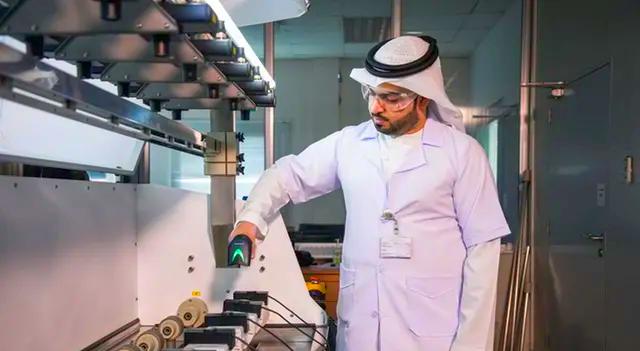


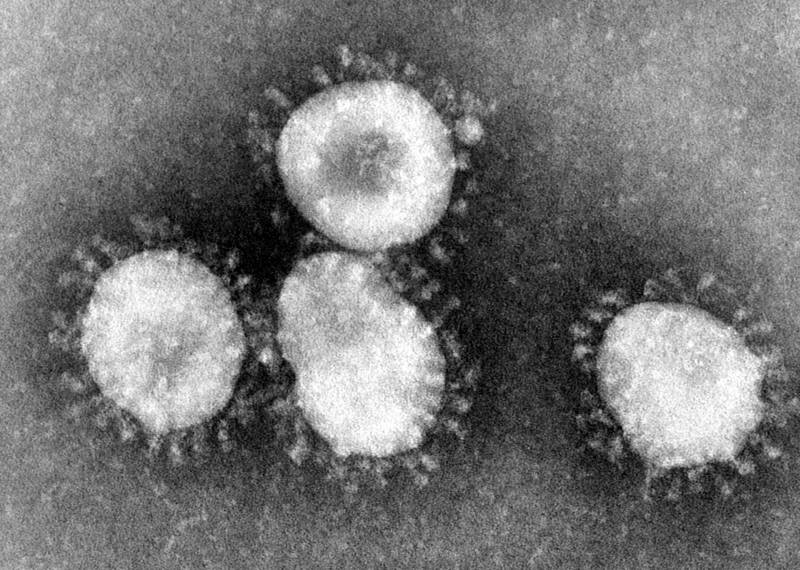

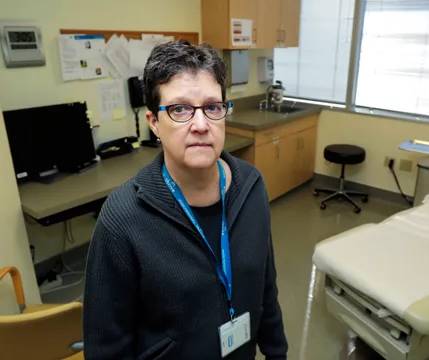
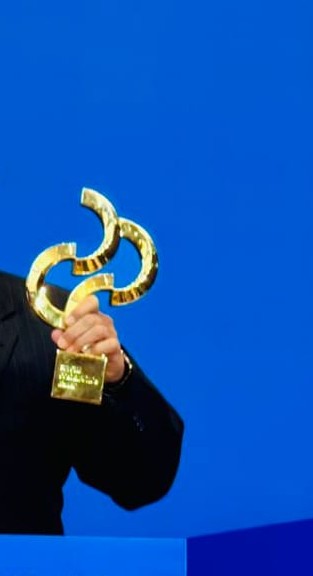
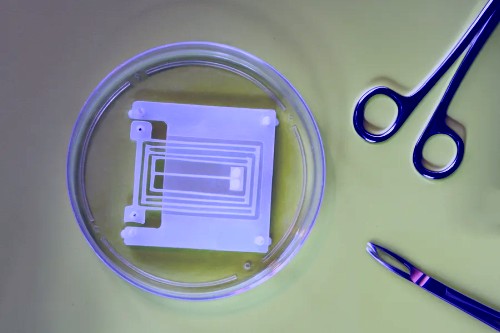
Post Comment
You must be logged in to post a comment.